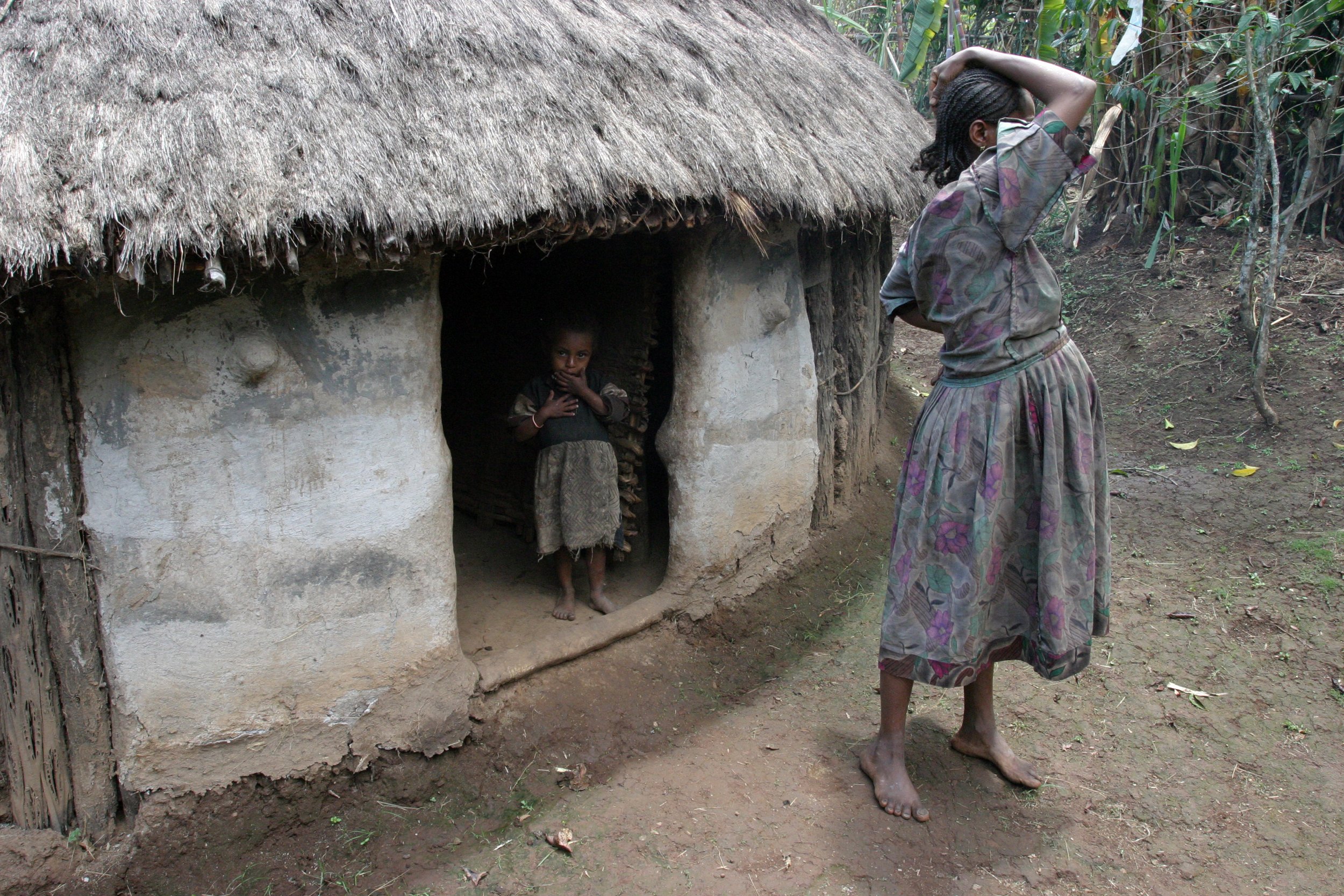
SAFE PASSAGES
Maternal mortality in Africa remains unacceptably high. The prevailing response to reducing maternal mortality has emphasized “reproductive health” and has failed to clearly focus on those causes responsible for 90 percent of maternal deaths.
In contrast, the Safe Passages model directs training and resources toward interventions that save the lives of mothers and babies.
THE PROBLEM
In a village hollowed out in the mangrove forests of Sierra Leone, a woman of eighteen struggles to give birth. She pushes from early in the day into the waning hours of the night. At first she bears the pain stoically. As the hours go on, she begins to cry out. When dawn breaks, she lies in sheer exhaustion. Blood begins to seep from her birth canal—a drop, a trickle, a steady stream. As the sun rises above the horizon she slips into a coma. The sky is streaked in purple, her garments are soaked blood red, her rich brown skin pales. All is quiet. Death holds neither light nor color; its darkness diminishes us all.
How can it be, this death of a woman in the very act of giving life? Her death leaves a void in her family and community that can never be filled. For more than twenty years, the United Nations has promised to address and resolve the tragedy of maternal deaths in the developing world, yet in vast sectors of Africa, little has changed. Women continue to die of complications, which have been effectively treated in the developed world for nearly one hundred years. The most recent estimates of maternal mortality indicate that the maternal death rate in Africa is still 640 per 100,000 live births, compared to a rate of 14 per 100,000 in developed countries. This is the widest known disparity in comparative public-health statistics.
The most recent estimates of maternal mortality indicate that the maternal death rate in Africa is still 640 per 100,000 live births, compared to a rate of 14 per 100,000 in developed countries. This is the widest known disparity in comparative public-health statistics.
1 in 38 women in Sub-Saharan Africa will die in childbirth.
1 in 38 women in Sub-Saharan Africa will die in childbirth.
The experience of birth is a defining moment. A baby whose birth is compromised by poor maternal health or a sudden obstetrical complication may die or be left with grave neurological conditions. Some of these obstetrical complications may also lead to the death of the mother. While these complications can be recognized and treated through modern obstetrical care, there are vast regions in developing countries where this care is not available. In many African countries, the lack of skilled obstetrical care leads to maternal and newborn death rates which are more than 100 times greater than North America and Europe.
Safe Passages integrates best practices in obstetrical care into a step-by-step training and resource assistance program to address the leading causes of maternal mortality and severe maternal morbidity: obstetrical hemorrhage, hypertensive disorders, sepsis and infection, obstructed labor and anesthesia-related complications.
The program emphasizes practical interventions which can be used in resource-scarce areas.
Safe Passages is based on a foundational premise — that all women and babies ought to have a “safe passage,” a pregnancy and birth free of death, serious injury, and disease (like HIV infection). We have provided trainings and basic resources such as “safe birth kits” in multiple countries and have saved the lives of thousands of mothers and children.
“Know that not all women who get pregnant survive the journey.”




